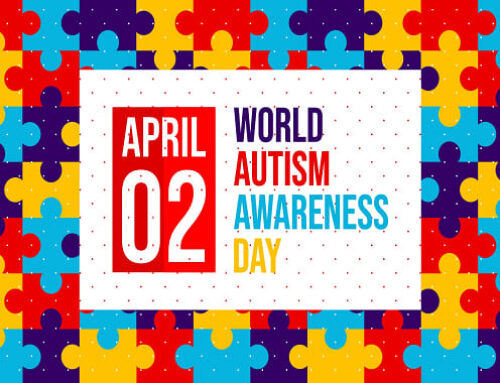Autism Spectrum Disorder (ASD), while often depicted as a singular entity, encompasses a vast and diverse constellation of experiences. Understanding this complexity requires moving beyond simplified narratives and delving into the spectrum’s rich tapestry.
Neurodiversity and Individuality: At its core, ASD is a neurodevelopmental condition characterized by differences in social communication, sensory processing, and repetitive behaviors. However, the ways these differences manifest vary significantly across individuals. Some individuals display pronounced challenges in social interaction, while others excel in specific areas like visual-spatial reasoning or meticulous attention to detail. Recognizing this inherent neurodiversity helps dismantle stereotypes and encourages acceptance of individual strengths and needs.
Sensory Sensitivities: A hallmark of ASD is heightened or diminished sensitivity to sensory stimuli. Loud noises, bright lights, strong smells, or certain textures can be overwhelming, leading to discomfort or anxiety. Conversely, some individuals crave specific sensory experiences, seeking out repetitive movements, soothing sounds, or textured materials. Understanding and accommodating these sensory preferences is crucial for creating comfortable and supportive environments.
Communication: Beyond Words: Social communication in ASD can be multifaceted. While some individuals experience significant challenges with verbal communication, others may display exceptional eloquence or even possess advanced language skills. Additionally, non-verbal communication, such as gestures, facial expressions, and body language, often plays a vital role in understanding and interacting with autistic individuals. Embracing diverse communication styles fosters effective connections and promotes mutual understanding.
Supporting the Spectrum: Effective support for individuals on the spectrum requires a comprehensive and individualized approach. Early intervention services, tailored to specific needs, can play a crucial role in developing essential skills and promoting independence. Additionally, ongoing support throughout life stages, including education, employment, and social opportunities, empowers individuals to reach their full potential. Celebrating strengths, respecting individual needs, and fostering meaningful connections are fundamental to creating an inclusive and supportive society for all.
Looking Forward: Research and Understanding: Research into ASD continues to expand our understanding of its causes, mechanisms, and potential therapeutic interventions. Exploring genetic, environmental, and neurobiological factors helps us to move beyond labels and diagnoses, focusing instead on identifying and supporting individual needs. Continued research promises to unlock further insights into the vast spectrum of human experience, contributing to a future where neurodiversity is not just tolerated, but embraced and celebrated.
By acknowledging the multifaceted nature of ASD and moving beyond generalizations, we can foster a more accurate and nuanced understanding of this complex neurological condition. Recognizing individual strengths and needs, celebrating neurodiversity, and providing targeted support are essential steps towards creating a world where all individuals on the spectrum can thrive.
If you are serious about learning, then one-on-one classes at OrbRom Center are the best way to go. Our experienced teachers will help you achieve your academic goals. Contact us TODAY.
Welcome to OrbRom Centre
Choosing learning support for your child is one of the most important decisions you will make, and I welcome you to discover more about why OrbRom is the best option in Phnom Penh.

H. Sophaneth B.Ed, M.Ed





Leave A Comment